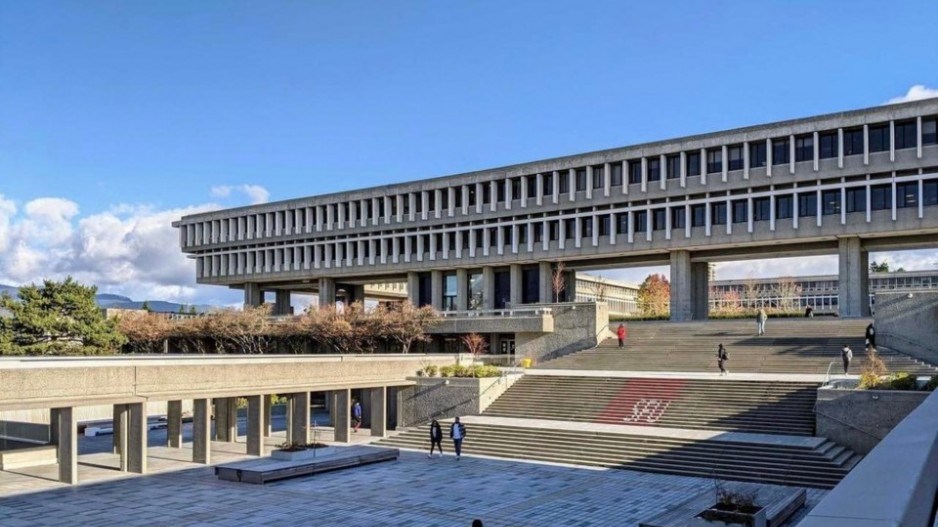To better understand the effects of climate change in British Columbia’s remote, rural and Indigenous communities, a team from some of B.C’s notable universities — including Simon Fraser University (SFU) — has received $1 million in funding from the Pacific Institute for Climate Solutions (PICS).
The team from SFU, the University of Victoria (UVic) and partner organizations will use the $1 million to study climate solutions for rural, remote and Indigenous communities in B.C. as part of the Serving Rural & Remote Communities: Co-developing Place-Based Climate Resilient Solutions project.
At a time when the world is facing the adverse effects of climate change, this project will investigate how rural and Indigenous communities will be impacted and what they require to flourish.
The $1 million, four-year project, undertaken by the interdisciplinary team that also includes researchers from the University of Waterloo and University of Washington. They will also work with representatives from the First Nations Housing and Infrastructure Council, BC Housing and Technical Safety BC.
“The focus of the project is on preparing communities, people and economies for the coming climate impacts,” noted principal investigator Nancy Olewiler, professor of public policy at SFU, in a press release.
Olewiler’s team includes Maya Gislason of SFU’s faculty of health sciences, professors David Bristow and Andrew Pape Salmon of UVic’s department of civil engineering.
Olewiler noted that while people living in urban areas feel the effects of climate change in heat waves and extreme rain, their remote and rural counterparts face a larger variety of risks — including wildfires, floods and landslides.
The project aims to empower these underserved communities and come up with ways to create better housing and improve safety measures in the face of climate change.
Over the course of the next four years, the team’s aim is to merge place-based traditional knowledge, or Indigenous science, with academic research, to design a framework for changes in housing policy and safety regulation for technical safety within buildings, which could help reduce greenhouse gas emissions and risks associated with climate change for these communities.
Bristow added it is critical to pair technical knowledge from partner organizations with local knowledge among rural, remote and Indigenous communities to attain project success.
Michael Sadler, executive director of the First Nations Housing and Infrastructure Council, said,“We know we need to assist our Nations to create housing that’s resilient and responsive to climate change. This resilience is not new for Indigenous Peoples. We have been expert builders from time immemorial, constructing advanced technological solutions for our respective locations and climates.”
The team will host a workshop for rural and remote First Nations in May to introduce research goals to the community and explore shared interests and help develop community partners.



